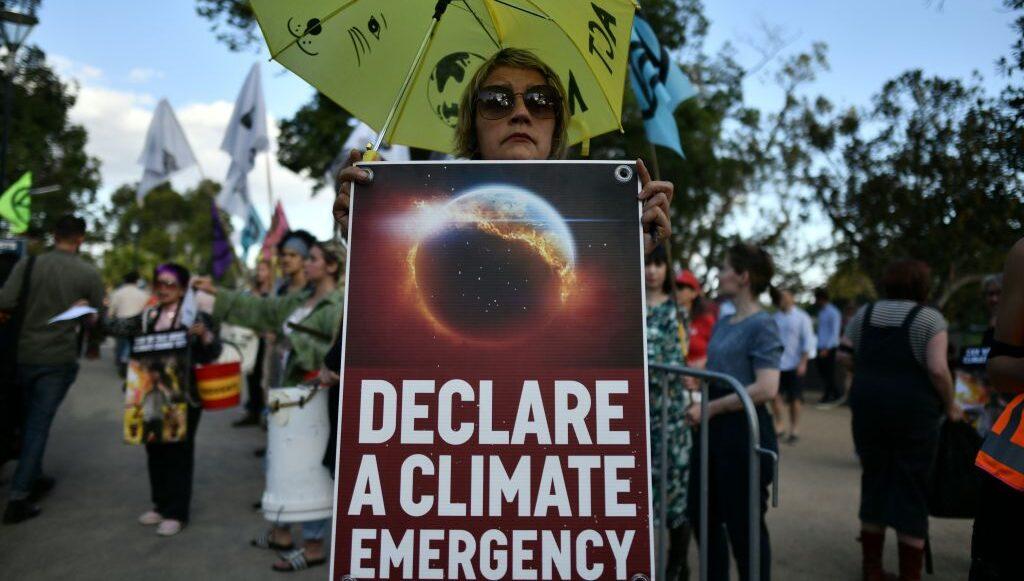Many of the high-profile challenges by environmental activist groups against major projects are being backed by litigation funders—large, mostly foreign-owned companies that fund legal fees and other expenses in return for a significant share of any damages and costs awarded to the plaintiffs.
A report by the Menzies Research Centre, Open Lawfare, revealed the cost of delays caused by actions filed against various developments was $1.2 billion (US$809 million) in 2016.





